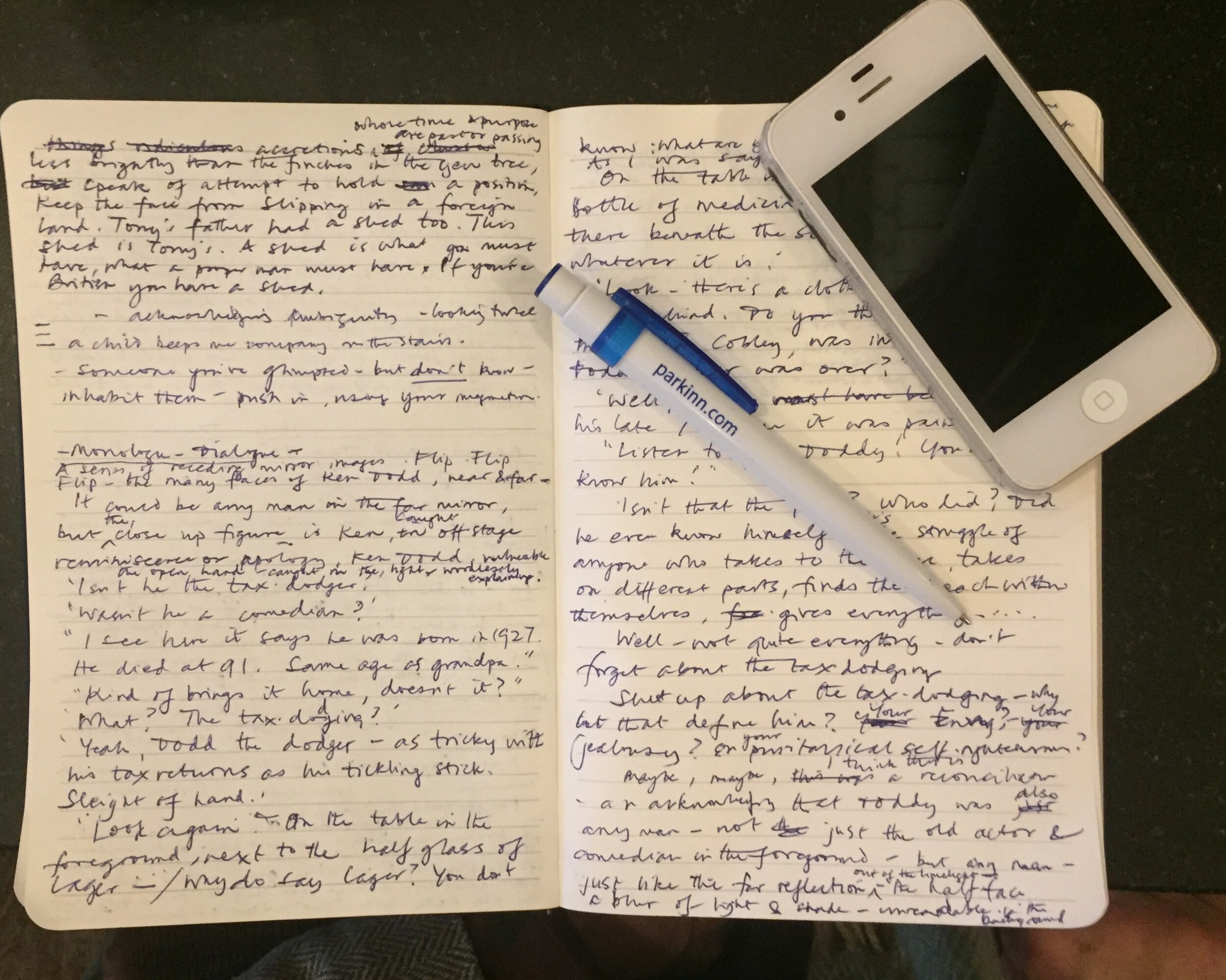Another blogpost from the original archive - by NWP co-founder Simon Wrigley, originally published in December 2018. It links with Jeni Smith’s recent reflections from the Director’s Chair surrounding ‘metaphoraging’, as well as documenting some of the growth of the project over the years, and serving as a further reminder of the strengthening of professional agency that NWP group membership provides.
On November 5 2018, at the invitation of Alison Binney, PGCE mentor, I joined her group of student teachers in Homerton, Cambridge. Alison also runs NWP Cambridge and champions the virtues of creative collaboration in classrooms. Her student teachers were sharing their KS3 classroom approaches to the text and context of Frances Hardinge’s ‘The Lie Tree’. The room hummed with ideas:
Their pupils would use writing
imaginatively to open up spaces in reading texts
personally in their own notebooks
collaboratively to grow a ‘tree of lies’ on the classroom wall
reflectively in detective journals
evaluatively in exploring Darwinism and symbolism.
Their expressive and re-creative writing would be informed by debates, role-plays, ‘rumour soundscapes’ and visits to Wimpole Hall. Their writing would be inspired by mock-trials and by researching gender politics in the 19th century.
This was a luminous example of how, by creating experimental and trusting writing classrooms, pupils develop confidence to use writing for learning - excavating, connecting, reframing.
My role was simply to ask student teachers to discuss the ‘rights of the writer’ – and the professional values that informed writing for learning beyond the tests - before using the space to write.
We wrote from remembered sounds, places and people. We used prompts, lists, diagrams. We plundered texts and made close observations of objects. We heard each other’s voices. We wrote for restoration, discovery and empathy.
Afterwards we discussed some of the benefits of teachers writing together and alongside students: a reaffirmation of creativity, a sharing of feelings, a new understanding of the process – and its ‘affordances for learning’, and a strengthening of professional agency.
Here is a student teacher’s perspective on NWP.
On November 10, Jeni and I ran a writing workshop at the NAWE (National Association of Writers in Education) conference in York. We called our collection of approaches ‘metaphoraging’. Together we foraged the hedges and woods of memory, language and literature for those seeds and berries – those discovered treasures - that might sustain and fuel and fire our writing.
The conference brings together a wide variety of professionals: published writers, education officers, lecturers, teachers and therapists – anyone who works with writing and education in schools, hospitals and the community.
We spoke aloud our favourite words and enjoyed their collisions and resonances: espantapajaros (scarecrow), yee-haa, labyrinth, hoodjamaflip, boing, sellotape, nesh, hallelujah … We shuffled and invented compound words and defined them. We foraged folded paper shapes, sentences, texts and objects for new ideas.
On December 1, I wrote with the Bedford NWP group. We explored ‘six-word stories’ – e.g. ‘For sale: baby shoes, never worn’ - how they provoke readers to imagine cause and consequence, to infer and to carry out, what has been implied or folded tight. They can be hors d’oeuvres (out-takes) ‘The murders of kings and sleep’ (Macbeth) or re-constructions of well-known works: ‘Incineration. Invitation. Visitation. Transformation. Infatuation. Association.’ (Cinderella);
On December 10, I visited the English team in Haggerston School in Hackney. By writing together, we opened up a discussion of how and why we might reorient classrooms for learning beyond exam results. The English team wanted students, in addition to their work for exams, to experience writing as a safe place to approach uncertainty and difficulty, to release emotion and to take back control of their own stories.






















